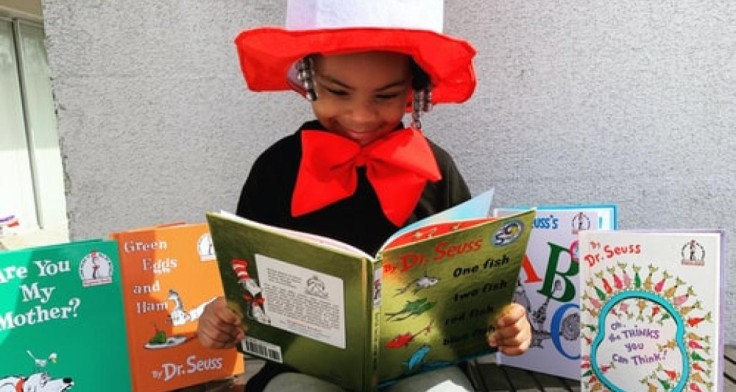
When you read, talk, and sing to children at a very young age, they gain a head start in literacy. By the time they start preschool at age 5, they are well at an advantage compared to their classmates.
But a recent study on literacy skills shows that their disadvantaged peers need not lag in literacy for life. There are certain activities or learning pathways that educators can follow to help improve the literacy skills of their students.
A Strong Foundation in Literacy Puts Kids at a Limited Advantage
Researchers from several universities in the UK teamed up to determine the impact of early literacy on the literacy skills of children by age 11. The data came from an ongoing University of Bristol project on over 7,000 children born in the 1990s, Science Daily reported.
Early Language and Communication Environment (ELCE) is unarguably important in giving a child a head start in literacy. This is when parents and caregivers play, talk, read, and sing to very young children. This also includes the addition of resources like toys and books in a young child's learning environment.
The foundation of a child at age 2 directly affects competencies at age 5 and at 7-9. There is no direct link between early literacy and literacy skills at age 11, the study claims.
While early literacy helps children with school readiness at age 5, by age 11, literacy has already been influenced by interim developments.
"As they progress through primary school, there are multiple opportunities for literacy improvements," Dr. Jenny Gibson from the University of Cambridge revealed.
"Teachers can devise personalized strategies that can be effective in supporting the less fortunate students [to] catch up with their peers," Gibson added.
Socioeconomic Status Undeniable Role in Literacy
The study also measured the socioeconomic status of the children at birth (SES). The research found that early family affluence has a direct impact on the literacy competencies of children at age 5.
Further, socioeconomic status is also linked to the social development and oral language of children ages 7-9. Such children perform better at reading familiar and even unfamiliar words. They also had better decoding skills, such as understanding the relationship between letters and sounds.
At age 11, the early socioeconomic status remains to be directly linked to the literacy levels of the child. They remain to be at a significant advantage compared to their peers.
Social Skills, Learning Pathways are Keys to Improving Literacy
What influences a child's literacy skill most throughout primary school up to age 11 are learning pathways.
What are learning pathways? These are learning programs and experiences that every student goes through as they progress in their education, Edglossary revealed.
There are multiple learning pathways or opportunities that personalize a student's learning experience. The researchers suggest activities that encourage play and games. Even children without an early start, when exposed to opportunities to develop social skills, can improve literacy at par with peers by age 11.
Activities like turn-taking and even simply talking with peers can help boost literacy. Problem-based group activities that encourage children to work together can also increase the child's literacy competitiveness.